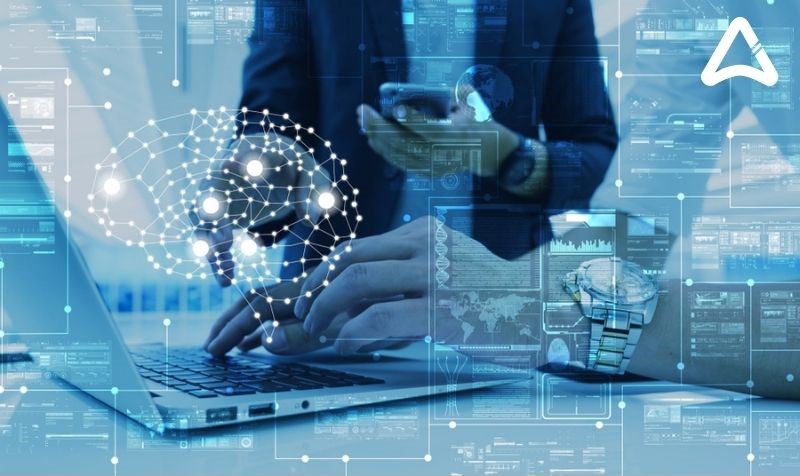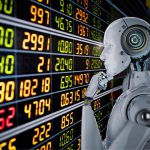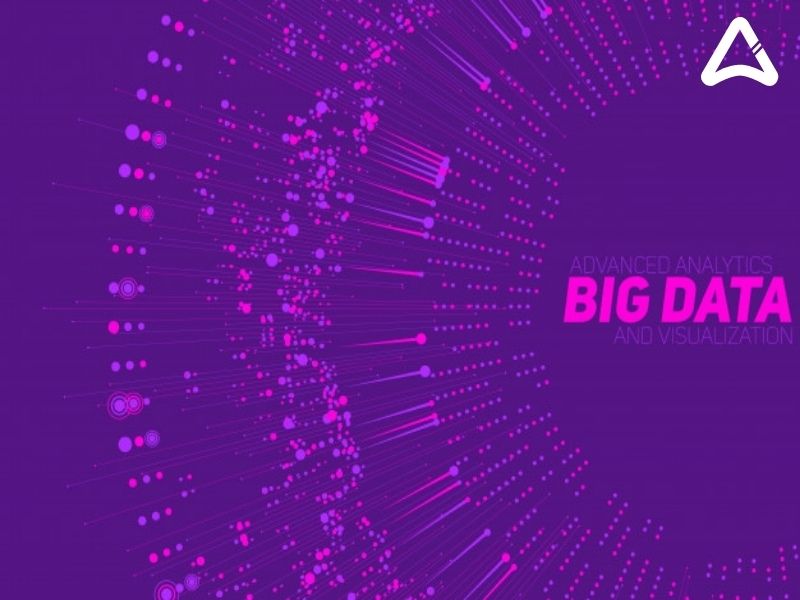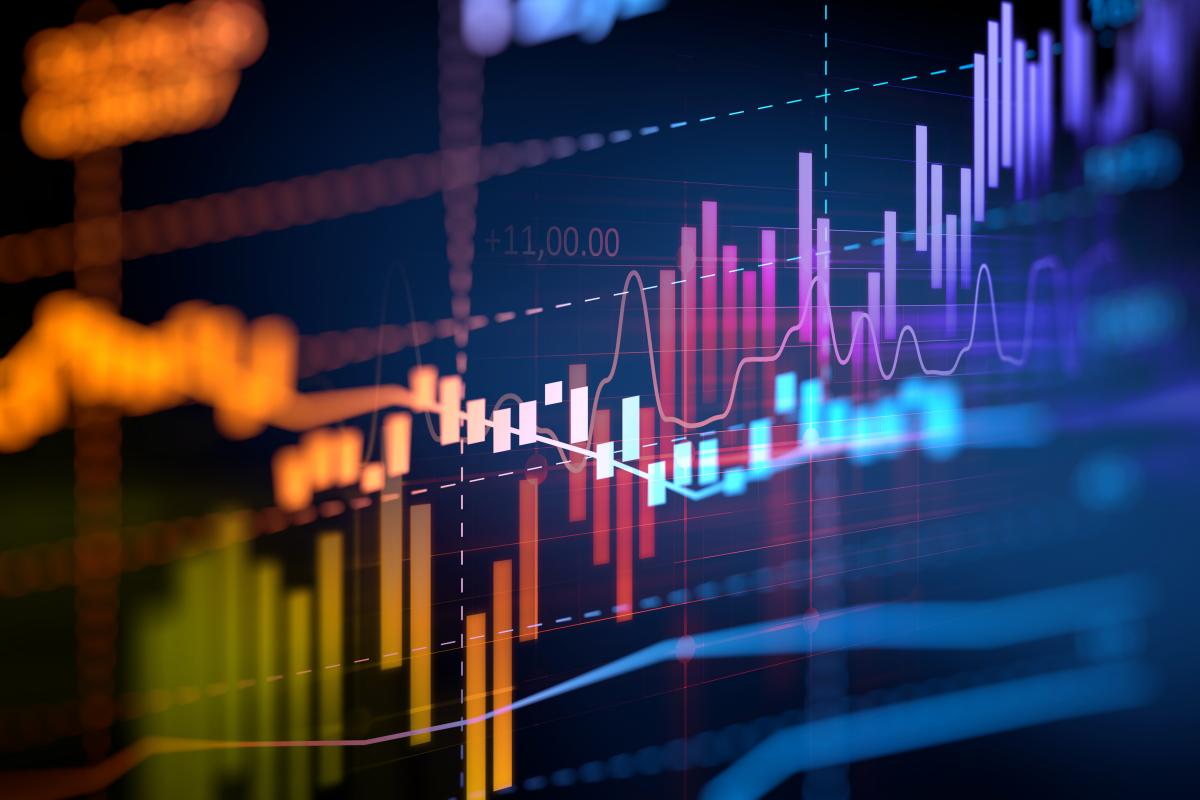Big Data is already the core of the IT Governance is something perfectly known, but that analytical technologies are increasingly similar to how the human brain thinks it can still sound like science fiction. The FICO technology provider has explained it in an infographic, but first, we will remember some curious cinematographic references.
The film Artificial Intelligence Steven Spielberg had human cognitive processes to robots but entering the realm of emotions. Long before that, the initial author of that film, Stanley Kubrick, showed in the mythical 2001: A space odyssey, a much less human-robot from the sentimental point of view, but much more similar to what we now understand by analytics, called HAL 9000.
An urban legend said that HAL took its name from the letters alphabetically before the acronym of the IT giant IBM. But the reality is that HAL is the acronym for heuristically programmed ALgorithmic computer. It is the principle of what is understood by artificial intelligence: The application of the analytical functioning of the human brain to computing, through mathematical methods.
Currently, we have not yet set foot on Mars, but technologies such as Big Data, Bussiness Intelligence, and analytics make the IT Government a business process that, adding the advantage of automation and massive data calculation in a very short time, every time It looks more like the way of analyzing the human brain.
That is the conclusion reached by FICO in its report, which ensures that the increase in robotics has reflected a boom in artificial intelligence (AI) and that analytical software mimics the thinking of human beings or less what we know so far of it since much of our brain remains a mystery. To prove that this is not science fiction, FICO gives four examples:
Neural Networks:
Neurons in the brain store knowledge in their connections with other neurons while strengthening it with that synapse. This inspires analytical solutions when detecting payment fraud, by creating connections between incoming data and specific results, changing the “weight” of connections to learn the relationship between inputs and improve performance.
Deep Networks:
Brain neurons use multiple stages of processing in the visual cortex to learn to recognize faces and classify objects. This has inspired video analysis and automatic speech transcription technologies, through the processing of bits of data in multiple layers.
Neurodynamic Programming:
The brain has a reward system, which allows us to learn sequences of complex tasks through pleasurable or painful signals, which occur later as a result of success or error, respectively, in these tasks. Although a priori it is hard to believe, the automated agents used in the travel reservation management solutions are based on this: They calculate the impact of the next step and all possible future steps, to continuously evaluate the best next step with which to achieve the result wanted.
Cyber-Analytics:
Inspired by how the brain controls the body and its actions through synapses, security solutions identify when malware has taken control of the PC. To do this, they recognize the command and control relationships between two different entities, which are the infected PC and the hostbot that controls it.
Andrew Jennings, director of analytics at FICO and head of FICO Labs, explains that “with the new theories of researchers on how the brain works, Big Data engineers are increasing their capabilities and the speed offered by technologies to analyze data”. And it goes further with respect to what awaits us in the future: “The combination of neurological theories to develop sophisticated analytical solutions will allow us to find answers to problems so far irresolvable.”
Jennings’ forecast invites us to return to the field of science fiction, and to elucidate about the future consequences of Big Data, as analytical processes become increasingly sophisticated, also in terms of ethics and even risks, perhaps Difficult to control: Will the IT Government lead to decisions as strict and dangerous as that of HAL 9000? Or will we get artificial intelligence as human as Spielberg’s robots?
What was before, artificial intelligence or Big Data? These projects demonstrate their close relationship
Human beings observe any object or a simple sketch, and we can guess what it is, what it is for, how it works and even other values, such as the historical period in which it was invented. The machines, except for the fictional Jarvis, cannot do so at the moment. Artificial intelligence depends on a large volume of data or Big Data, to learn. And that learning period is called “training.”
At present, artificial intelligence depends on the data, as well as on human interaction, although eventually, the idea is that you learn as we do. Brenden Lake, an AI expert at the University of New York, has already partially achieved it and designed an AI capable of learning new letters with a single example. The rest of the world’s projects continue to intertwine AI and Big Data.
IBM Watson won because it saved a lot of data
Almost everyone will remember that in 2011 Watson artificial intelligence won the humans in the Jeopardy! It was a historic milestone, because the television program required skills as human as learning and contextualizing data, or interpreting questions. Watson was able to understand what they were asking.
Without wishing to withdraw Watson his prize of one million euros, the truth is that humans had nothing to do. Have you ever wondered how much data the brain can store? We have no answer to that question, but we do know that Watson had access to 200,000,000 pages of content, including full English Wikipedia. It seems complicated for someone to memorize it.
In 2016, an artificial intelligence called AlphaGo defeated Lee Sedol, world champion of the game go with a 3-0 result. There was some art in his game, and it was difficult for an outside observer to know if it was an AI or a person.
But again he had a certain advantage, practicing thousands of times more than Sedol. AlphaGo had “trained” with millions of game examples. AlphaZero, the AI that emerged after AlphaGo, learned in four hours playing against itself. He won AlphaGo 100 to 0.
This is how the universe works, humans
Some may think that the fact that a machine beat us to different games may not be relevant. However, it enhances other branches, such as educational and pure research. An example: at the end of the 18th century we began to build the periodic table, taking centuries to complete it. In 2018 the AI Atom2Vec, from the University of Standford, rebuilt it in two hours.
Again, he started with an advantage. But that’s what science does: it works “on the shoulders of giants.” In this case, Atom2Vec had access to a large database with chemical compounds. Water (H2O), methane (CH4), dimethyl ether (CH3OCH3) … Using only those data, he was able to discover each element, as well as the way it was combined with others.
These types of studies based on artificial intelligence and Big Data are of enormous importance for everything they can teach us about the universe. The volume of data we have is such that it is possible for an AI to discover a “periodic table” or natural classification that people have missed. We have evolved a lot since AI was invented, and the journey we have taken brings us closer to wonderful possibilities.
When Big Data, via AI, saves lives
We may not be interested in games and that the research is somewhat far away. But if there is something that unites us all, it is our concern for health, and AI can help us live longer. For example, avoiding pandemics. Between 2009 and 2010, Google launched an experiment to detect swine flu (AH1N1) using Big Data.
To prevent the spread of the disease, Google provided the World Health Organization with access to Google Flu Trends. This AI and Big Data tool mapped searches for words such as “headache” or “vomiting,” so that outbreaks of this flu could be detected quickly. In addition, brands like Google know how people move (by GPS).
Hospitals are also gradually adapting to work with artificial data and intelligence. Also at Stanford, a team has designed an AI that detects some skin cancers in 97% of cases, many more than people. Another AI is able to detect metastatic cancer in 82.7% of cases, while doctors “only” do so in 73.2%.
Big Data is also necessary to save lives at sea, or in cities. This study by the Spanish Pedro J. Zufiria can be used to prevent deaths in the Mediterranean by observing the migration of people. Below you can see a demo of Corti, an assistant for emergency services that analyzes the call in real-time and offers information.
These types of AI are increasingly used in areas as far away from health as photography. In the Huawei P20 Pro, thanks to the Kirin 970, we see how the image is stabilized or we have suggested filters based on image processing, all in real-time. To do this, he uses the learning that Big Data gives him after analyzing millions of photographs.
Artificial Intelligence in Business
As we spoke recently, artificial intelligence will revolutionize the economy, or it has already begun to do so. The chatbots for SMEs are increasingly accessible, and even the smallest- companies are able to generate large volumes of data. These are the key to the proper functioning of AI, to the point that there are specific AI masters for companies.
Also in the public sphere. Long ago Correos uses Big Data analysis for its services eCommerce. Although the algorithms are low level, it is a step forward. Something more advanced is in Germany, and the Deutsche Post already has electric vans with artificial intelligence. They analyze traffic data (Big Data) and use its six cameras and radar to plot the best delivery route.
From the streets of the cities, we can jump to the countryside and crop management, essential for the population not to go hungry. A few years ago, the S4 Company used 2,721,600,000,000 records from a NASA satellite constellation and obtained 400 TB of data with machine learning tools (AI plus Big Data) to prevent droughts.
Artificial intelligence is increasingly present in our society and on our devices. Brands like Huawei work to make applications with AI have affordable platforms on which to work. This technology is changing the world for the better and will continue to do so.





